RG1121732/CC10810
CASPIAN-RT Trial: Hypofractionated consolidative radiation therapy after Durvalumab (MEDI4736) plus platinum-based chemotherapy in extensive stage small cell lung cancer
Read More at ClinicalTrials.govInvestigators: Jing Zeng, MD
Lung cancer is the second most common cancer in men and women, but it is the number one cause of death from cancer each year in both men and women. Cigarette smoking is the most common cause of lung cancer. Exposure to asbestos, radon, environmental factors and secondhand smoke can also cause lung cancer.
Because surgery and radiation can both be equally effective curative treatments for lung cancer, it is important to review all of your treatment options. Learn about the risks and benefits of both to see what best meets your goals balancing cure and quality of life.
The esophagus is part of the digestive system which breaks down food for the body to use. It is a tube-shaped organ, almost 10 inches long, located toward the back of your chest just in front of your spine. The wall of the esophagus has four main layers: mucosa, esophageal wall (submucosa), muscular is propria, and the adventitia. Esophageal cancer often starts in cells that line the inside wall or starts in cells that make mucus.
Depending on your diagnosis, stage and particular situation, lung and thoracic cancers can be treated with radiation, surgery, or chemotherapy, either alone or in combination with each other.
The physicians at the University of Washington Department of Radiation Oncology work very closely with your surgeon and medical oncologist to determine which combination of treatment is best for you. Because of our team’s deep collaboration with the Fred Hutchinson Cancer Research Center and the Seattle Cancer Care Alliance, you can be assured that your treatment plan will be highly individualized and based on latest the advances in cancer research.
Please contact us if you are interested in a consultation to discuss the options that best fit you.
Cancer affects not only the individual but also their family. It is important to care for both the patient and the family.
CASPIAN-RT Trial: Hypofractionated consolidative radiation therapy after Durvalumab (MEDI4736) plus platinum-based chemotherapy in extensive stage small cell lung cancer
Read More at ClinicalTrials.govInvestigators: Jing Zeng, MD
A Phase III, Randomized, Placebo-controlled, Double blind, Multi-center, International Study of Durvalumab Following SBRT for the Treatment of Patients with unresected Stage I/II, lymph-node negative Non-small Cell Lung Cancer (PACIFIC4/RTOG-3515)
Read More at ClinicalTrials.govInvestigators: Jing Zeng, MD
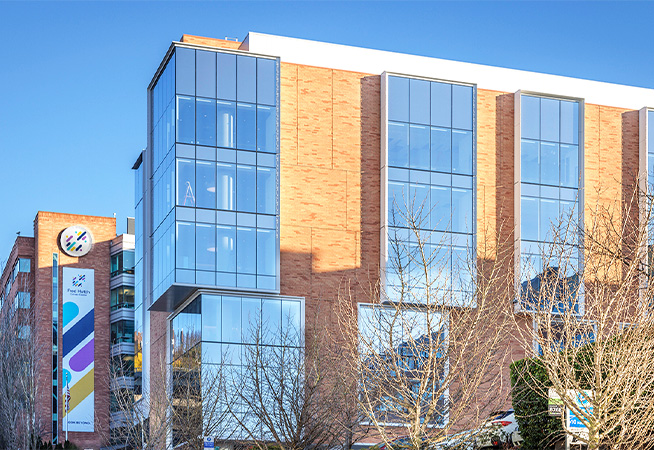
1354 Aloha Street
Seattle, WA 98109
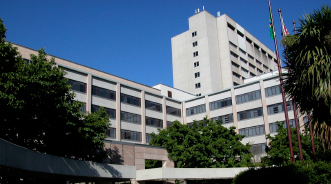
1959 NE Pacific Street
Seattle, WA 98195
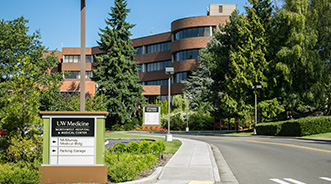
1570 N 115th Street
Seattle, WA 98133
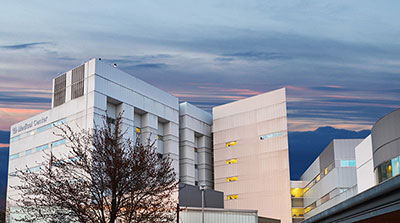
1660 S Columbian Way
Seattle, WA 98108
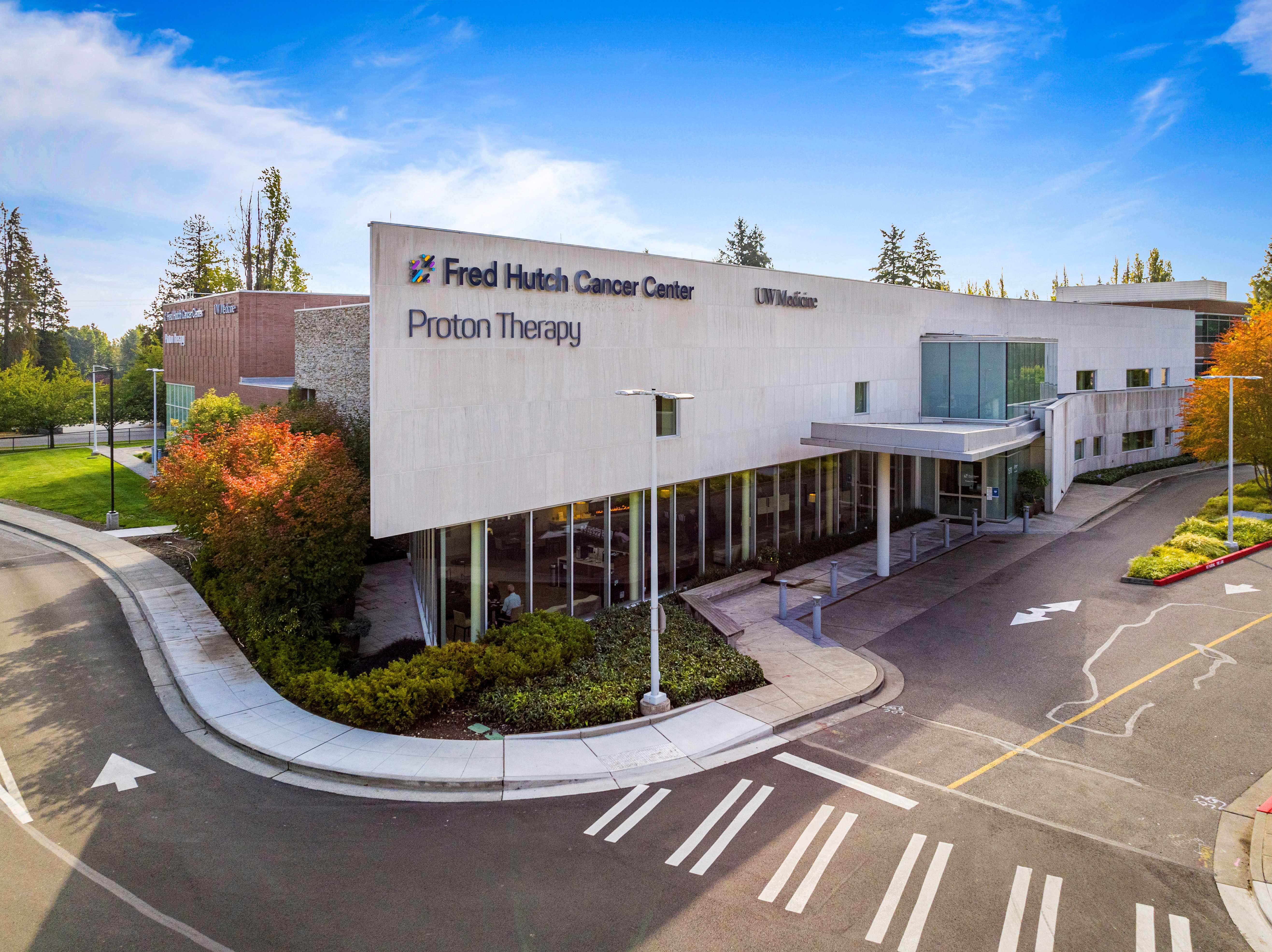
1570 N. 115th Street
Seattle, WA 98133
https://www.fredhutch.org/en/patient-care/treatments/proton-therapy.html